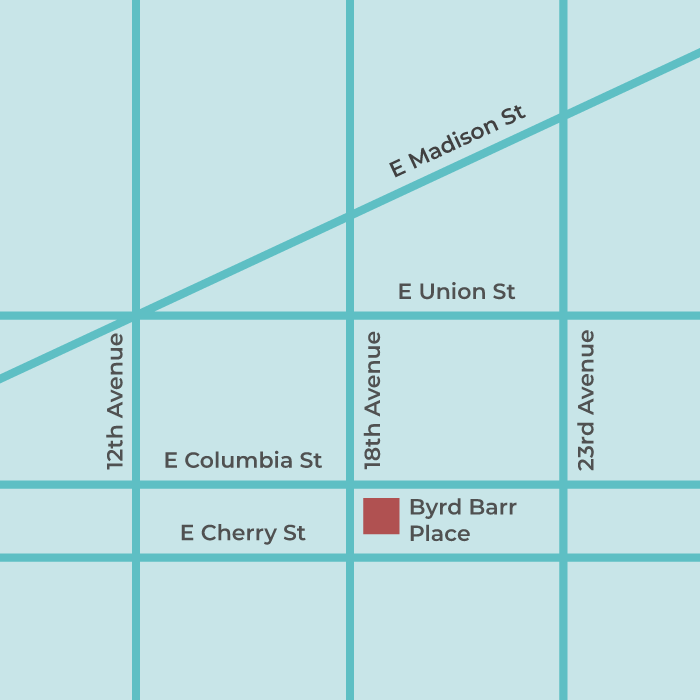In our community work, we talk a lot about housing, food, heat, and justice — the essentials for survival and dignity. But one essential that often gets overlooked is mental health. I’ve come to understand, both professionally and personally, that taking care of our minds and hearts is just as important as caring for our bodies or our communities. And self-care is not a luxury — it’s a necessity.
Burnout Is More Than Just Feeling Tired
Too often, burnout is worn like a badge of honor. We hustle hard, push through the exhaustion, and keep going until we can’t anymore. But burnout isn’t just being tired. It can seep into every part of our lives. It can look like irritability, lack of motivation, forgetfulness, or withdrawal. Internally, it can trigger or worsen depression and anxiety, compromise your immune system, and in some cases, even contribute to chronic illnesses — including heart disease, high blood pressure, and certain cancers.
The connection between stress and physical illness is real and well-documented. Long-term, unaddressed stress changes how your body functions. It can cause inflammation, suppress your body’s ability to fight disease, and create chemical imbalances that leave you vulnerable to both mental and physical health crises. And for Black women in particular — who are often caregivers, providers, and leaders — the toll of unrelenting stress can be especially devastating.
Leading with Mental Health in Mind
As a CEO and as a human being, I have a responsibility to model and support healthy practices for myself and for our team. That’s why at Byrd Barr Place, we believe mental health days are essential. We build them into our culture intentionally, not just as part of a benefits package but as a statement: your well-being matters here.
We recognize that our staff — most of whom are people of color, many of whom have lived experience with the very struggles our clients face — bring their whole selves to this work. That includes the emotional labor of witnessing trauma, navigating systemic inequities, and showing up with heart every single day. Mental health days allow people to pause, breathe, and restore — without guilt. It’s one way we can disrupt the idea that productivity must come at the cost of personal peace.
What Self-Care Looks Like for Me
I’m a Black woman. I’m a mother. I’m a community leader. And I’m human. Which means I’ve had to learn, often the hard way, that I cannot pour from an empty cup.
Self-care for me isn’t always candles and bubble baths — though I love those too. It’s therapy. It’s setting boundaries. It’s logging off when I need to. It’s choosing to eat food that fuels me, as well as moving my body with intention.
It’s making time for joy, whether that’s laughing over TikTok’s with my youngest child, traveling the world with friends, practicing the latest line dance in my living room, or journaling my thoughts so they don’t weigh me down. It’s praying. It’s resting. Not just sleeping — but resting. Letting go of the need to carry everything and everyone all the time.
And it’s forgiving myself. For not always getting it right. For needing help. For being human.
Rewriting the Narrative
In a world that expects Black women to be strong no matter what, choosing self-care is a radical act. It’s a refusal to be broken down by systems that were never designed for us to thrive in. It’s an act of love — for ourselves, for our families, and for the communities we serve.
At Byrd Barr Place, we are doing the work of healing our community. But healing begins within. When we take care of our mental health, we’re not just protecting ourselves — we’re building a culture of care that ripples outward.
So this is your reminder: you are allowed to rest. You are allowed to take up space for your own needs. And you are allowed — expected, even — to care for your whole self. One of my favorite cards that I consistently draw from my Nap Ministry Rest Deck reads “Rest is not a privilege. Rest is a human right. I don’t have to earn rest.” And as my daughter would say “PERIOD”!
As we continue to fight for justice and equity in the world, let’s not forget that we are part of the community we serve. Our well-being is not separate from the mission — it’s foundational to it.
Let’s normalize mental health days. Let’s check in on our people. Let’s make space for laughter, rest, therapy, and boundaries. And let’s lead — not just with vision, but with compassion.
Because when we care for ourselves, we make it possible to keep caring for the world.


